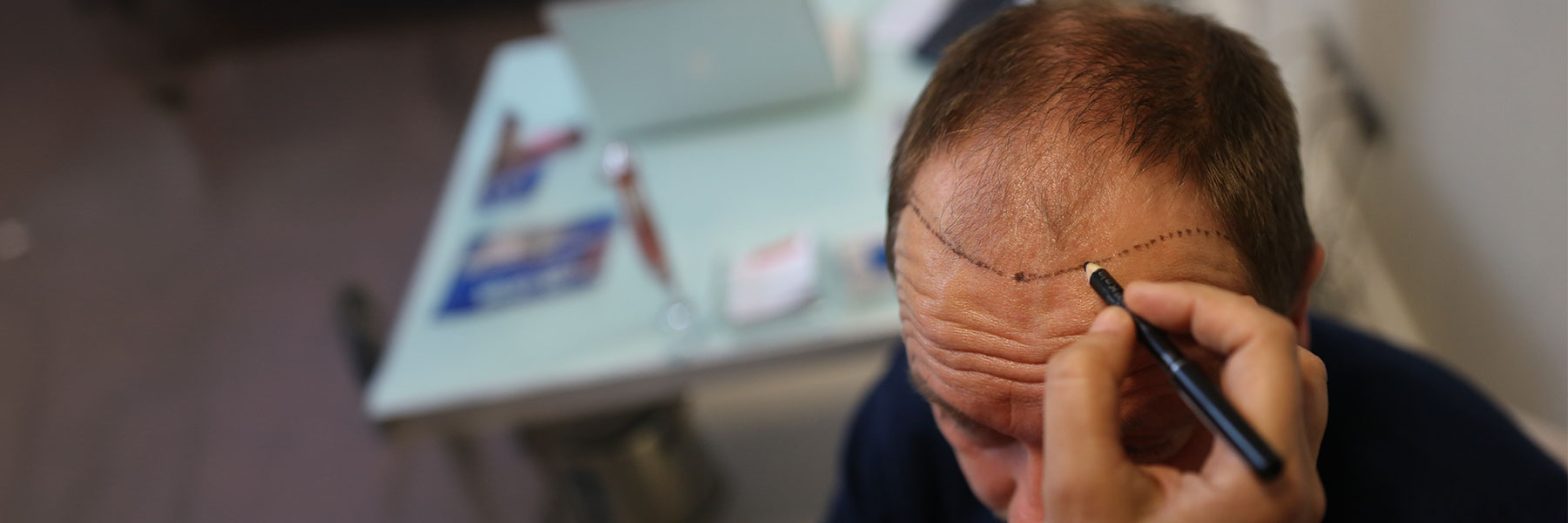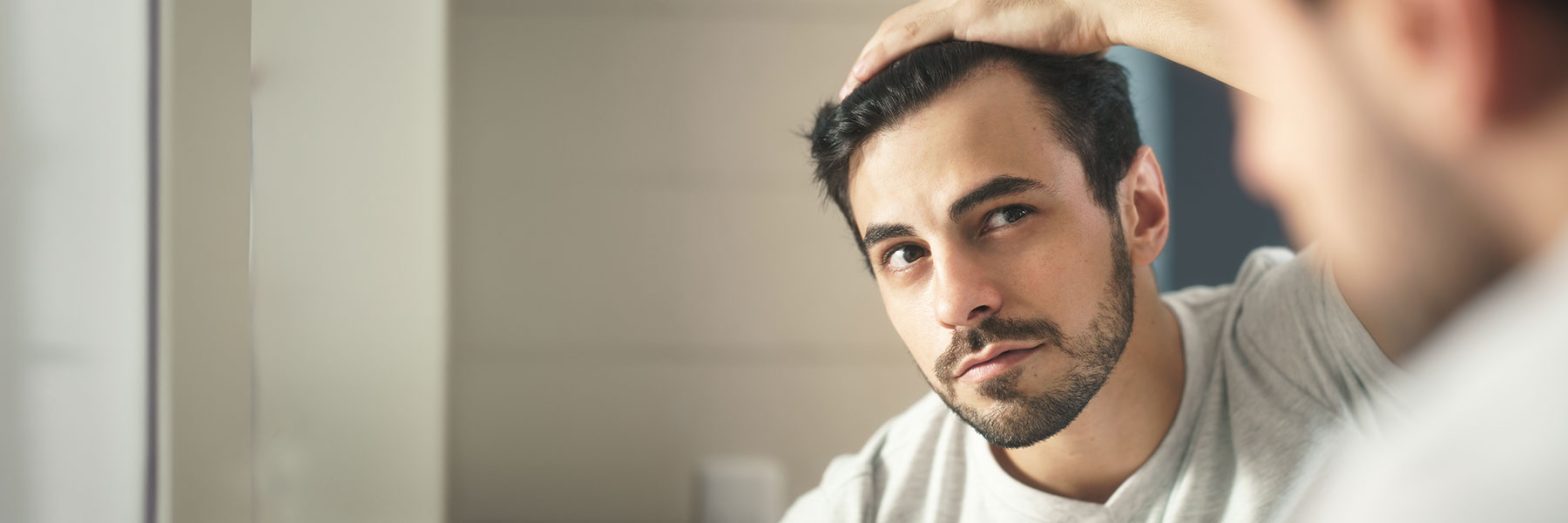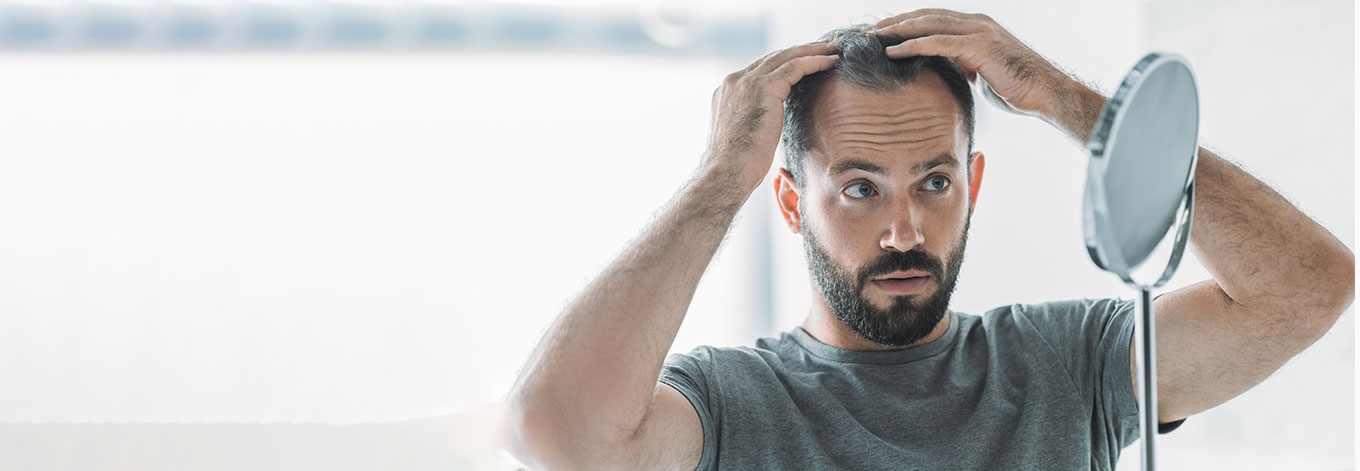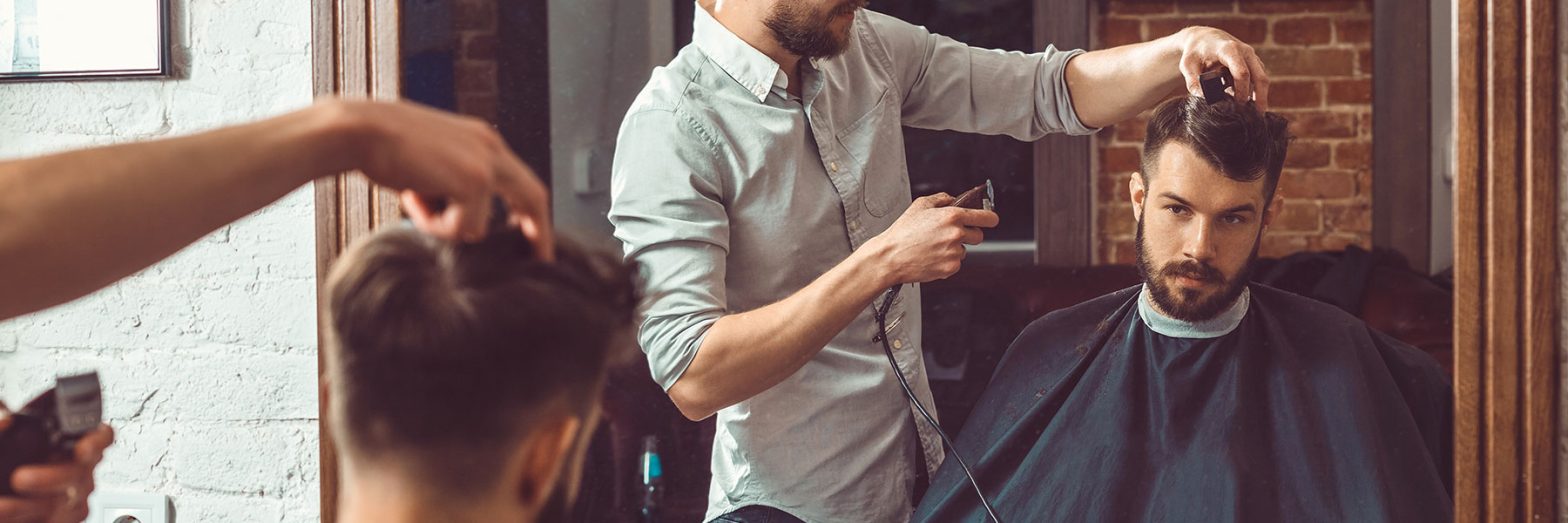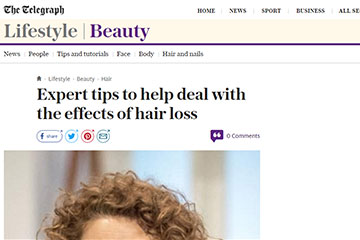
Expert tips to help deal with the effects of hair loss
HAIR LOSS & HAIR TRANSPLANTS
The Telegraph
This week, Loose Women’s Nadia Sawalha shared an video detailing her struggles with hair loss caused by pre-menopause that went viral.
[…]
That’s not to say all is completely lost though, as The Private Clinic explains, “If you’re able to get to the cause of the problem, then it is likely that the hair loss you experience will reduce or even stop altogether. Underactive thyroid, anaemia, hormonal disorders, including polycystic ovaries or even lupus are all conditions that can cause hair loss. If you are diagnosed with one of these conditions, seek medical help and more often than not hair loss can be reversed.” Here are the experts tips for dealing with hair loss, whatever your age…
Six tips to help deal with the effects of hair loss
Increase hair density
Look out for products containing minoxidil, which can be purchased over the counter and can help to improve blood flow to hair follicles and prolong the growing phase of your hair cycle. With continued use, the progression of hair loss is slowed and in some users, additional thickening is also noted. Also, look for formulations that combine minoxidil with anti-androgen and oestrogen drops, which directly target the hormones causing the problem.
Try hormonal tablets
For those with more advanced or rapidly progressing hair loss, hormonal tablets may be required. Some forms of the combined oral contraceptive pill contain anti-androgen effects and are protective against FPHL. If menopause-related, HRT can be considered although in both situations the potential risks of long term hormonal therapy needs to be discussed and weighed against potential benefits. Spironolactone, a diuretic medication, also has an anti-androgen effect and is used off-licence by dermatologists for women suffering from hormonal acne and hormonal hair loss. It’s always best to consult your doctor before taking any hormone tablets.
Consider PRP
If you’re battling with genetic hair loss, platelet rich plasma or PRP, which has been famously coined as the ‘vampire face lift’ thanks to Kim Kardashian, can be a good option. For the treatment, a small blood sample is taken from the individual, similiar to having a blood test. “The growth factors in the blood are separated using a machine called a centrifuge which is then re-injected back into the area of hair thinning,” explains Dr Wong. “Small case studies and lab studies have shown positive growth-enhancing effects, although large scale studies are still required to assess how effective the treatment is compared to more established therapies.”
Avoid excessive trauma
Menopausal changes to the hair not only makes it thinner, but also individual strands more brittle and dry. Chemicals, such as dyes, damage the hair cuticles, while heat styling, especially on wet hair can cause weak points along the shaft, which lead to breakages.
Washing is good
“It is often said that regular washing is bad for the hair, but in actual fact hair should be washed regularly to keep it clean and healthy,” says Dr Reddy. “Evidence has indicated that using an SLS (Sodium Lauryl Sulphate) free shampoo can be instrumental in preventing hair loss. Using conditioner can also be effective, but make sure you apply it to the hair shafts rather than the scalp to make the hair softer.”
Maintain a healthy lifestyle
Eating a balanced diet is essential. Your hair follicles have some of the quickest dividing cells in the body and you need all the nutrients (carbs, lean proteins, good fats, vitamins and minerals) to maintain this. While hair loss is a stressful experience, the stress itself can exacerbate hair loss through shedding – a process known as telogen effluvium. Engaging in activities such as yoga and meditation can help with de-stressing and reduce the chances of falling into this vicious cycle.
http://www.telegraph.co.uk/beauty/hair/expert-tips-help-deal-effects-hair-loss/





